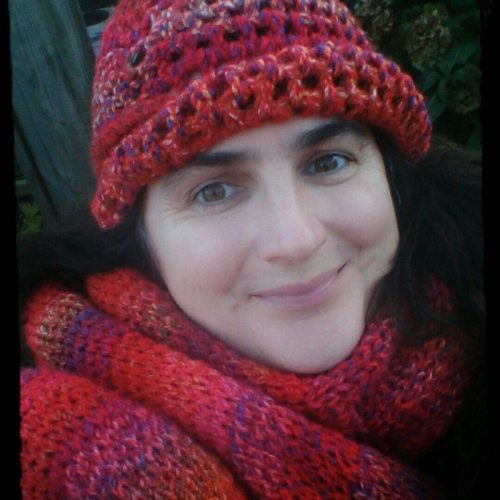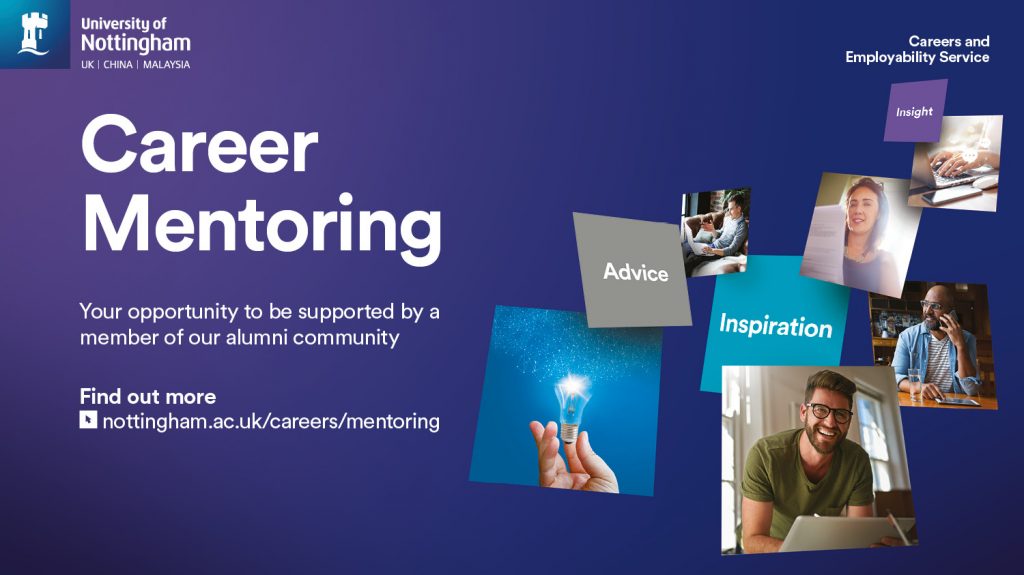
April 18, 2023, by Leah Sharpe
The Career Mentoring scheme – My Journey
By Kathryn Bullen, PhD Researcher
Having recently completed the Career Mentoring scheme, I would like to share some of the mentoring journey with you and why I think this is an excellent way to explore career options.
Reasons why I joined the scheme
I was motivated to apply to the Career Mentoring scheme because I was keen to explore the benefits of a structured relationship to help me decide the next steps in my career.
As a mature student, now in my final year of my PhD, I think the challenges for future employment are different for me compared with younger students. Previously, I worked for 15 years as an English teacher in adult education in the local community. After recently completing a placement at my local museum co-organising and running an exhibition about the Isle of Axholme, my current area of research, I welcomed guidance towards what I thought would be heritage related careers with a community focus.
Selecting my mentor
I selected my mentor primarily because he is actively working in the heritage sector, believes in the positive impact of career mentoring to prepare individuals to enter the workplace, and has substantial coaching experience. Before mentoring began, I made use of the resources on the Mentee Hub to help with building the mentor/mentee relationship.
How the mentoring progressed
My relationship with my mentor was extremely professional and supportive. We met on Teams for our monthly meetings which lasted about an hour. My mentor had excellent listening skills, actively encouraging me to consider different career paths, as well as ways in which I could develop and raise my profile in the professional world.
After discussion, we explored my core values, which are important in terms of legacy and purpose for any future decision. My three key drivers turned out to be motivator, facilitator, and networker, set against a background of strong community engagement. Knowing these key drivers became the underlying narrative or golden thread when considering future career options.
Next, I developed a plan of action, as follows:
1. I looked at various heritage related roles, but also considered third sector careers in the voluntary and social enterprise sector.
2. I considered project-based academic roles and the linear type of CV needed for these positions.
3. I designed a functional form of CV with a top line statement and 3 core skills evidenced by Challenge, Action, Response statements which can be used in applications for non-academic roles.
4. I developed my network, sharing my current PhD research journey on LinkedIn posts, as well as followed heritage related companies on LinkedIn, enabling me to see their feeds and comment on their posts.
In addition, my mentor encouraged me to build self-confidence skills to help deal with challenging situations in a proactive and assertive way, particularly those needed in defending and justifying my thesis.
Benefits
I would definitely recommend Career Mentoring to fellow students. The benefits of taking part in Career Mentoring were:
1. I developed a mutually beneficial relationship with my mentor over the four sessions, with guidance and support useful for the future.
2. I gained an insight into alternative options which are not necessarily mutually exclusive.
3. I now feel more confident and have a plan of action!
Above all, I have learned that there are many possible career paths, but I do not necessarily need to choose one option. My career path may well involve many strands and be what is termed a ‘portfolio career’.
I highly recommend taking up this opportunity to explore career options in a safe and nurturing environment. Find out more about how you can take part!
No comments yet, fill out a comment to be the first


Leave a Reply